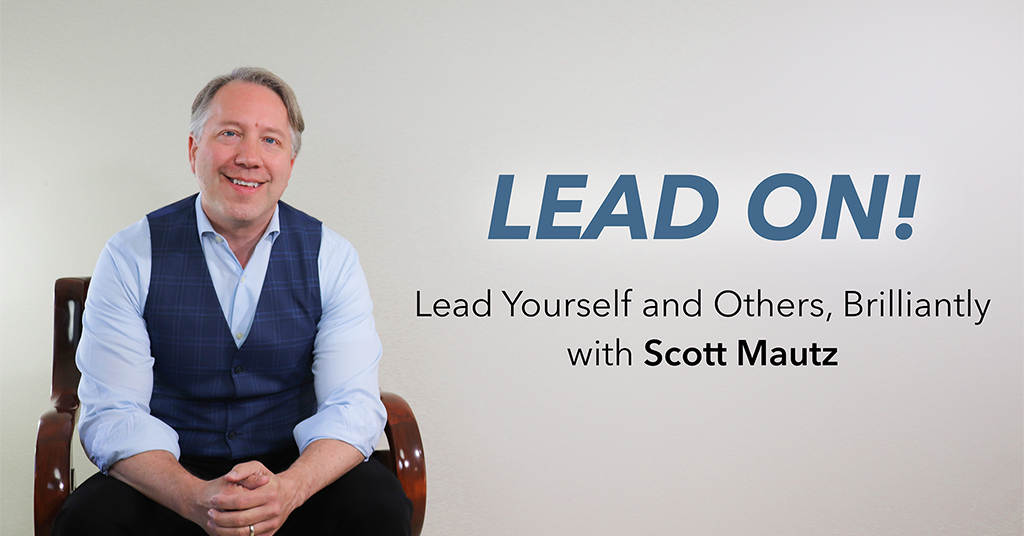
INSIGHTS (on leadership/self-leadership)
Here’s a simple, but profound, truth. People don’t remember us for what we do for ourselves, they remember us for what we do for them. Want to leave a legacy behind? Live in service of others with a desire to touch the lives of as many people as you can in your time on this planet. There’s a wonderful proverb that says: “If you’re intentional about living a meaningful life and serving others, you never really die. Instead, you break into 1,000 pieces, each of which stay alive within the people whose lives you’ve touched along the way.” One of the ways those pieces stay alive is through the stories told about you. What are the big, sweeping tales that characterize who you are? What will be said about the little impressions you left behind and the small gestures you made along the way? What will be said about you from the heart, when no one is looking?
How did you live your life?
And make no mistake, stories will be told about you. As author Charles de Lint said, “We’re all made of stories. When they finally put us underground, the stories are what will go on.” That’s true in life, and at work. Ever find yourself discussing your boss over the dinner table? If you’re a boss, what do you think your people are discussing over dinner from time to time? It’s worthwhile to check in on how the “stories of you” read. You might be surprised. Enroll people you trust to tell you the truth about the anecdotes of you. One senior leader I knew used reverse mentors, people lower in the organization who agreed to be open and honest with him about the net impressions he was leaving behind. The point is, match up the stories you hear with how you’d like them to go. Remember that you’re the editor of your own life story, and rewrite as necessary.
IMPERFECTIONS (a mistake many of us make)
Many of us think (incorrectly) that we have unimpeachable integrity. It’s others who lack it. Integrity experts point out, however, that we all can improve our integrity in ways that might not be as obvious as forgoing the usual suspects, like cheating, lying, stealing, etc. First, you can improve your internal integrity (i.e., being vigilant to always do what’s right, even when no one is looking). Next, you can act with external integrity (i.e., always doing what you say you will). Even if it’s something as small as being on time for a meeting, which you implicitly agree to do when you accept a scheduled meeting—that’s still improving your external integrity. (Being on time was something I had to work on in my corporate days to improve my external integrity, by the way). It’s also important to integrate your internal and external integrity, so you don’t come across as “fake” or inconsistent. And finally, you can be mindful of your image of integrity (i.e., don’t do things that are perfectly innocent but might cause someone watching to “wonder what’s going on”), like a well-meaning manager I knew who thought it was OK to hold 1 on 1 meetings in his hotel room when he was on the road with employees. You get the idea. A little vigilance on these fronts can help protect others sense of certainty about you and prevent trust from being obliterated.
IMPLEMENTATION (one research-backed strategy, tip, or tool)
What’s the best way to influence peers — co-workers over whom you have no formal authority? By practicing what I call the Golden Rule of Influence. Think of someone in your work life (or just life) that had tremendous influence over you, but whom you had no formal authority over. Go ahead, get a mental picture of that person. I’ll wait. Now, the odds are that person was so influential to you because they engaged in one (or more likely, all) of four activities. Let’s find out–did that person care, listen, give, or teach you something? I’m betting all four. And that’s the Golden Rule of Influence. Do the same for your peers and I promise you’ll have tremendous influence over them. While this rule is a good one to apply to life in general, it’s especially powerful for influencing peers you have no authority over because your willingness to care, listen, give, and teach aren’t the norm and will be seen as true gifts. The absence of authority isn’t a barrier to influencing because you’re drawing on the basics of human emotion and empathy.




Leave a Reply